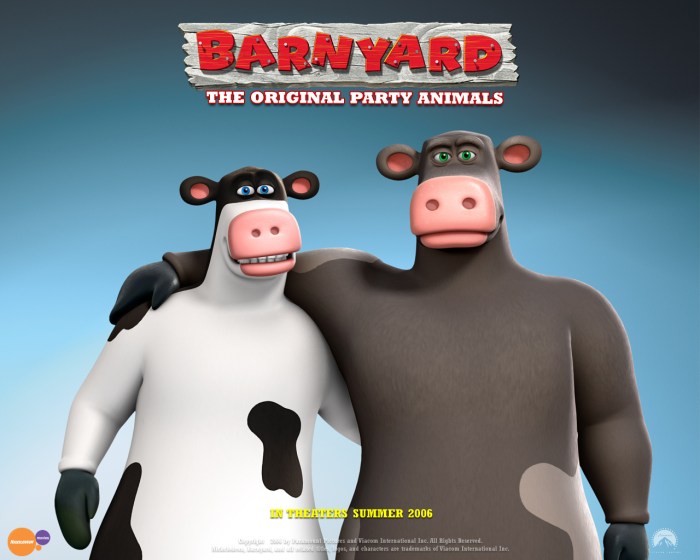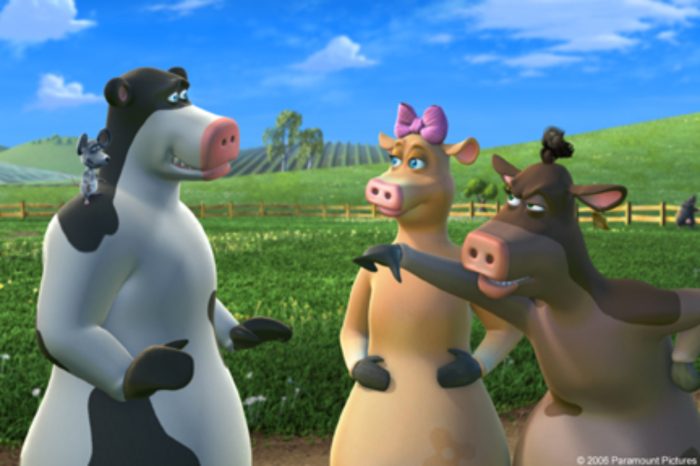Place for farm animals crossword clue – Unraveling the enigmatic crossword clue “place for farm animals,” we embark on an enlightening journey into the realm of agricultural structures, animal husbandry practices, welfare considerations, and sustainable production methods. This comprehensive exploration delves into the intricate world of farm animal care, providing a profound understanding of the ethical, environmental, and economic implications that shape this vital industry.
Farm Animal Housing Structures

Farm animals require specialized housing structures to meet their specific needs and ensure their well-being. These structures vary depending on the animal species, climate, and production system.
Types of Housing Structures
- Open Housing:Animals are kept in large, open areas with access to pasture or outdoor runs. This system is suitable for grazing animals such as cattle and sheep.
- Confinement Housing:Animals are housed in enclosed buildings with controlled temperature, ventilation, and lighting. This system is commonly used for poultry, swine, and dairy cattle.
- Mixed Housing:Combines elements of both open and confinement housing, providing animals with access to both indoor and outdoor areas. This system is suitable for animals such as goats and horses.
Advantages and Disadvantages
Each type of housing structure has its advantages and disadvantages:
- Open Housing:
- Advantages: Low construction costs, natural environment, reduced disease transmission.
- Disadvantages: Exposure to weather extremes, limited control over environmental conditions.
- Confinement Housing:
- Advantages: Controlled environment, protection from predators, efficient use of space.
- Disadvantages: Higher construction costs, potential for disease transmission, animal welfare concerns.
- Mixed Housing:
- Advantages: Combines benefits of both open and confinement housing, animal welfare benefits.
- Disadvantages: Can be more expensive than open housing, requires careful management.
Animal Husbandry Practices

Animal husbandry encompasses the practices involved in caring for farm animals to ensure their health, productivity, and well-being.
Feeding
Proper feeding is crucial for animal growth, reproduction, and health. Different animal species have specific nutritional requirements that must be met through a balanced diet.
Watering
Access to clean, fresh water is essential for all animals. The amount and frequency of water intake varies depending on the animal’s species, size, and activity level.
Grooming
Grooming practices, such as brushing and bathing, help maintain animal health by removing dirt, parasites, and loose hair. Regular grooming also promotes comfort and well-being.
Health Management, Place for farm animals crossword clue
Maintaining a healthy environment for animals includes measures such as vaccination, deworming, and parasite control. Regular health checks and early detection of diseases are essential for preventing outbreaks and ensuring animal welfare.
Animal Welfare Considerations: Place For Farm Animals Crossword Clue
Animal welfare refers to the physical and mental well-being of animals. Ethical and legal considerations require farmers to provide adequate care and protection for their animals.
Animal Welfare Standards
Animal welfare standards vary globally, but generally include guidelines for housing, feeding, watering, and health management. Compliance with these standards ensures that animals are treated humanely.
Animal Welfare Organizations
Numerous animal welfare organizations advocate for the protection of farm animals. They work to raise awareness, develop standards, and monitor compliance with animal welfare regulations.
Sustainable Farm Animal Production

Sustainable farm animal production aims to meet the demand for animal products while minimizing environmental impact and ensuring animal welfare.
Principles of Sustainability
- Reduced Environmental Impact:Minimizing greenhouse gas emissions, water consumption, and waste generation.
- Animal Welfare:Providing animals with adequate housing, nutrition, and health care.
- Economic Viability:Ensuring profitability and resilience of farm animal production systems.
Sustainable Farming Practices
- Precision Feeding:Tailoring feed rations to individual animal needs to reduce waste and environmental impact.
- Manure Management:Properly handling and utilizing manure as a fertilizer to reduce pollution and improve soil health.
- Alternative Housing Systems:Implementing innovative housing systems that enhance animal welfare and reduce environmental impact.
Benefits of Sustainable Production
- Environmental Protection:Reduced pollution and conservation of natural resources.
- Improved Animal Welfare:Healthier and more comfortable animals.
- Economic Sustainability:Reduced costs and increased efficiency.
Key Questions Answered
What are the primary types of farm animal housing structures?
Farm animal housing structures vary depending on the species, including barns, sheds, coops, and pens, each designed to meet specific needs for shelter, ventilation, and sanitation.
How do animal husbandry practices contribute to farm animal welfare?
Proper feeding, watering, grooming, and veterinary care are essential components of animal husbandry, ensuring the health, comfort, and productivity of farm animals.
What are the key ethical considerations in farm animal welfare?
Ethical considerations in farm animal welfare focus on minimizing pain, distress, and suffering, promoting natural behaviors, and ensuring a humane living environment.